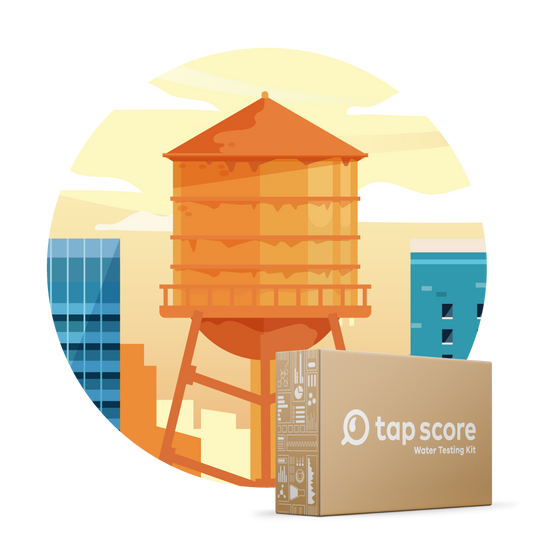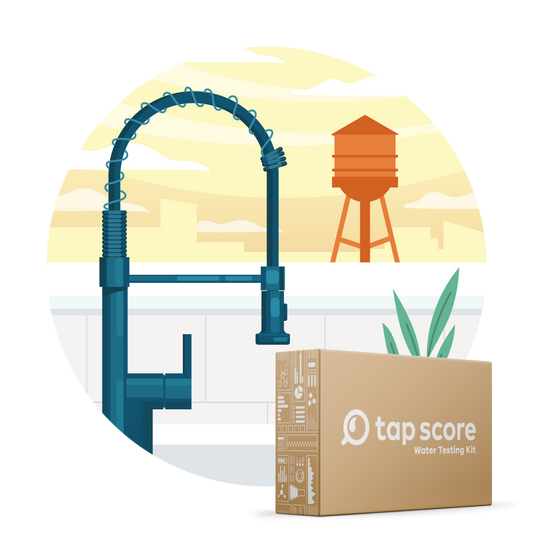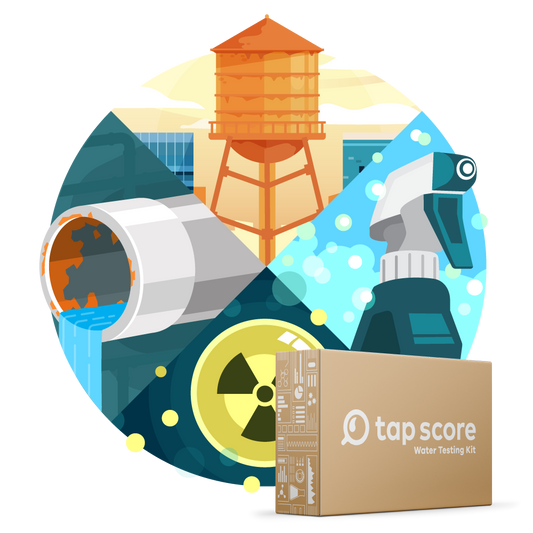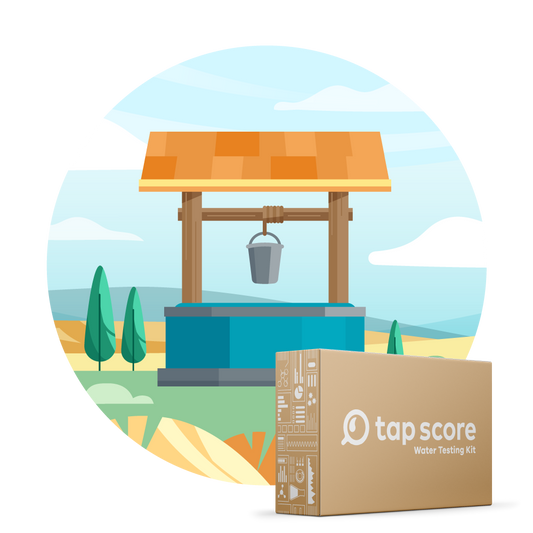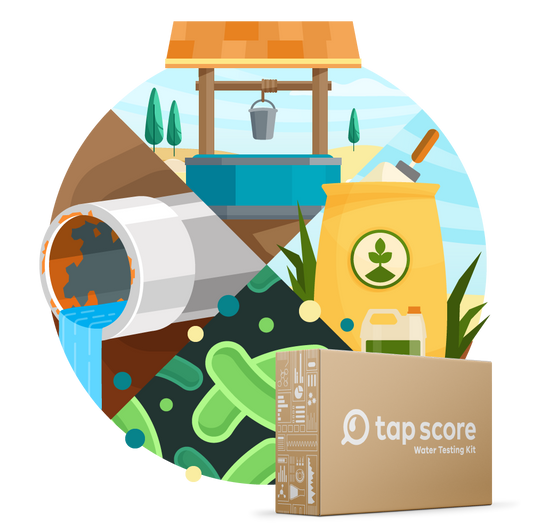
What Is the Best Water Filter?
Our blog is written by real experts— not AI. Each guide is carefully reviewed and updated based on the latest research. Plus, with no affiliate links, you can count on unbiased insights you can trust.
If you don’t test your water before buying a filtration system, you’re wasting your money.
Is your water tasting funny? Maybe it has an odor you’re not too sure about. A water filter should help, right? But where to start? There are at least 10 distinct water filtration technologies to consider when buying a water filter for home. Add to that thousands of products and brands. So how do you find the best water filter? Well… what’s in your water?
Laboratory testing is the only way to get the information you need in order to buy a water filter that works properly. A good water quality report not only tells you what’s in your water but then what technology you need in order to filter or treat your water properly.
Treatment Technologies
Water treatment technologies each specialize in reducing different contaminants in different ways. And despite the claims, there is absolutely no one-size-fits-all filter or system. That’s why knowing what’s in your water first is so important: Without a knowledge of your water quality, it is impossible to purchase the right water filtration product.
While there are thousands of available home water filtration brands and products on the market (running from $30 to $30,000) almost all of these units utilize 1 of 10 core water filtration technologies.
-
Carbon Filtration
-
Aeration
-
Magnetic field
-
Catalytic Carbon
-
UV disinfection
-
Chemical dosing
-
Distillation
-
Activated alumina
Yes, there are other, more obscure filtration and treatment systems out there. Sometimes they make sense, sometimes they don’t. More often than not, however, they will not be your best choice (financially or functionally).
How Do You Pick The Right Water Filtration System?
It’s simple. You pick your filtration system according to your needs. The best water filtration system is the one that best addresses your home’s water quality and your personal preferences (like water pressure, for example). But in order to know your water quality, you need to test your water.
Essential Home Water Test
Basic testing panel for water utility customers or private well owners concerned primarily by metals, bacteria, aging pipes, and infrastructure.
Advanced Home Water Test
Ideal baseline for testing tap water provided by a water utility utilizing chlorine disinfection or a private well near areas of heavy agriculture or industry. Test your drinking water for some of the most common concerns found in tap water.
Once you have a water quality report form the lab you can determine:
-
Which water filtration technology(s) will work best
-
How much money you should spend
-
What kind of system to install
Tap Score also assists you with your preferences. Understanding how each treatment system may impact your water is integral to being satisfied with your setup. Knowing what you want and what you don’t want (water that’s too soft, for example) will help with your selection process.
Getting Your Water Quality Report
As the nation’s largest laboratory testing service we have worked extensively with residences in every state. Consequently, we know many water testing horror stories. Please don’t waste your time and money being duped into a filter or treatment system without doing your homework.
Besides offering water quality tests, Tap Score offers unbiased recommendations for filtration and treatment systems based upon your preferences and your lab results. But you also need results you can understand. Tap Score’s reports interpret all the science and present the findings in clear language, full of visuals, and with a clear path to treatment.
Read a sample Tap Score Report
Don’t Just Buy Any Water Filter
For decades, filtration companies sold water softeners, reverse osmosis and carbon filters to people at home without first testing their water in a certified lab. Today, any water treatment or filtration company that fails to offer proper lab testing is cutting corners.
What's the Best Water Filter?
The best filter for your water depends on your specific water quality results. Different treatment technologies are effective for different contaminants, and they all have their own pros and cons.

Some common household-scale treatment technologies include ion exchange water softeners, which reduce calcium and magnesium (aka hardness minerals) concentrations for all of the water entering your house, but will typically increase sodium concentrations and require some ongoing maintenance.
Activated carbon filters are also common, both at the point where the water enters your house and at the point where you use it (for example, faucet filters and pitcher filters). These work well in reducing chlorine, organic contaminants, and general tastes and odors but especially the point of use products need frequent replacement.
Reverse osmosis filters are also common, though typically installed at the point of use as countertop or under-sink systems. Reverse osmosis, or RO, filters remove a wide array of contaminants, including dissolved salts, but they can be expensive and have limited flow rates or limited volumes of water ready at a given time.
This is all to say that the best water filter totally depends on you and your water, there’s no one-size-fits-all answer!
Is Water Testing Necessary?
Brass tacks: Having your water tested by a lab will cost more up front than some other popular options. But if you do choose to skip this step, it is important to understand that lab testing is the bare minimum for reliable and case-specific information about your water.
Do not depend on dinky at-home TDS test (or pH strips) to evaluate your drinking water quality. Yes, they are cheap and easy. But unfortunately, they fail to test for practically everything that matters to making the right decision. That is why the EPA and every water utility in North America relies on certified laboratories. Labs maintain tens-of-millions of dollars worth of analytical instrumentation and expertise.
Consumer Confidence Reports offer annual reports for your local water system. They are free of charge and mailed out each year. But while they offer a number of important clues to your water network, they can be both hard to find AND misleading. Remember, every home (and its pipe and fixture infrastructure) is unique. What’s more, public water data only shows averages over time.
In short, the money you spend up front to lab test your water goes a long way. If you have well water, city water, rainwater, or spring water Tap Score can help.





